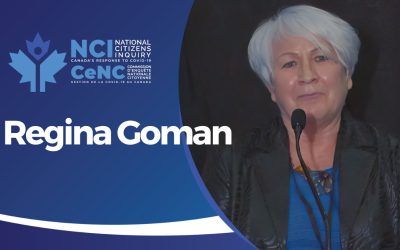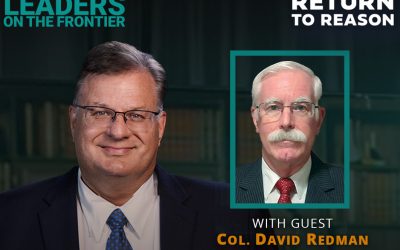It’s a sign of political success that last week’s federal budget has already been forgotten. For so fragile a minority as Stephen Harper’s, that’s good.
He hopes to use this budget as a solid, reassuring political springboard to win a majority, probably next year.
Back when they were still in opposition, I was told by someone who ought to know that Harper thinks he’ll need three consecutive majorities to make Canada a successful country once again.
A country which spends more on defence than unemployment insurance.
A country in which governments obey the constitution, they don’t just trample it.
This budget was Harper’s first small step toward that grand objective.
Being an economist, Harper knows that any country starts to stagnate if governments claim more than 30% of the economy.
That’s enough to pay for police, judges, schools, modest social programs, etc. If the government’s share gets higher, too many people are being paid to coast.
Our governments (federal, provincial and municipal) consume almost 40%.
Harper also knows that in a federal system like ours, where sovereignty is shared between national and provincial governments, spending can’t be cut from 40% to 30% without a clear division of powers and responsibilities.
Over the last 40 years, pleasant euphemisms like “sharing,” “national standards,” and “equality of services” have rationalized a hodgepodge of overlapping government activities, erasing lines of accountability.
The only way to get total government spending back to the magic level of 30%, where it was in 1960, is to restore the original scheme of Confederation, in which provinces looked after their own social affairs and economic development, while Ottawa looked after Indians, the army, the national census, foreign affairs and the post office.
That was before sugar-daddy federal politicians suddenly figured out that they could get elected by ignoring the constitution and promising to spend national government money on provincial responsibilities like medicare, college education, welfare, regional job creation and EI.
Today about half of Ottawa’s $210 billion budget is devoted to provincial objectives.
People now assume, quite wrongly, that if Ottawa stopped taxing and spending on provincial responsibilities, we’d see starvation in “have not” provinces.
They also assume (because they’ve been told, not because it’s true) that social programs unite the country.
In reality they foment jealousy, disappointment, cynicism and distrust in all regions.
Ottawa’s aggressive social centralism in the 1950s created the Quebec separatist movement in the 1960s — something that did not exist before, and cannot be cured except by restoring genuine provincial-rights principles to Canadian federalism.
It seems like a radical concept that if Ottawa cut federal taxes in half, the provinces could look after themselves, and everyone would come out ahead. But it’s true.
That will be Harper’s challenge.
This is why the Citizens Centre is hosting the “Calgary Congress” in September.
It will debate and resolve the principles required to restore responsibility to the provinces for their own futures, and to restrict Ottawa to the national role the founders of our federal system originally assigned to it.
Harper understands why this must happen. But most provinces don’t. Unless people in general start demanding it — start demanding a return of responsibility instead of greater entitlements and spending — Harper will find himself powerless to change the system.
You can register online to attend the Calgary Congress by going to www.calgarycongress.ca.
Link Byfield is chairman of the Edmonton-based Citizens Centre for Freedom and Democracy, and an Alberta senator-elect.
“Just Between Us” is a feature service of the Citizens Centre for Freedom and Democracy. The purpose of the Citizens Centre is to enhance freedom and democracy by enabling ordinary citizens to become active and effective on important issues outside the normal processes of party politics.


